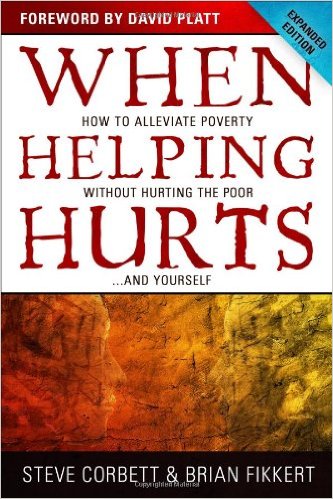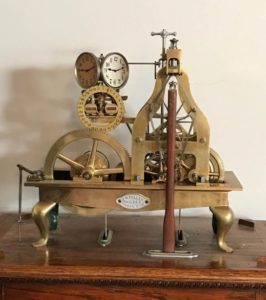 Recently, two people mentioned to me that there was not enough time to get things done. One of them said he was working seven days a week. How does this happen to us? Perhaps the shift to digital technology has pushed our overwork patterns to new levels?
Recently, two people mentioned to me that there was not enough time to get things done. One of them said he was working seven days a week. How does this happen to us? Perhaps the shift to digital technology has pushed our overwork patterns to new levels?
There is certainly an addictive quality to social media, email, and all things related to the computer that make many of us wonder how to rediscover the human being in us while swimming in a growing sea of shiny, digital things. Our ability to focus our attention has been compromised by the pace of digital activity.
Although we are part of nature, the artificial life of the digital age has us living in our heads much of the time. Eventually, we can lose touch with ourselves. We postpone love, art, solitude, engagement, and fun. Why do this? Why not take charge of one’s life and honor it with what it means to be a fully alive human being?
I have been using the clock my great-grandfather built as a daily reminder that there is always enough time to do what really matters. Perhaps we are taking on assignments that others should be doing instead of us? Maybe we feel that staying busy is an important badge of honor? Do we justify our value by our to-do list?
Or is busy-ness a way to medicate uncomfortable feelings of unworthiness that are so prevalent in our society? Do we stay busy so we don’t have to feel the unpleasantness of our own existential angst? Sometimes those unpleasant feelings are a call to a new adventure in our lives. Listening to them might open up a possibility we never thought of before—something profoundly meaningful.
What is a little temporary discomfort in exchange for being able to dramatically improve the quality of one’s life?
From the book: Enough Money, Meaning & Friends ~ By Scott C. Miller
To learn more about Scott Miller, please see his website here.

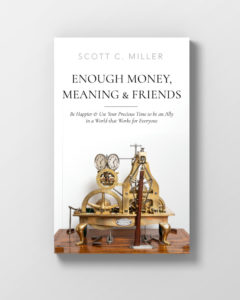
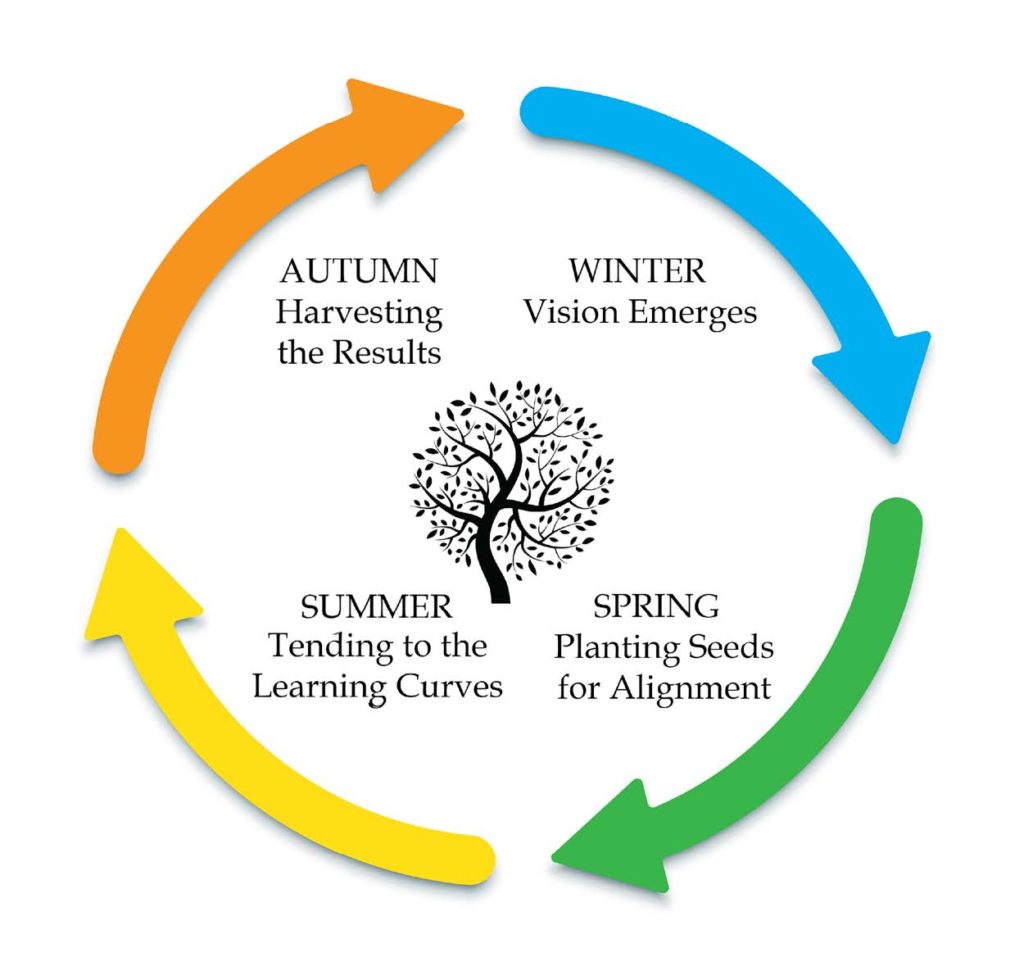 When we wish to change something in the world, there is often something in our own lives that we want to explore, assess, and change as well.
When we wish to change something in the world, there is often something in our own lives that we want to explore, assess, and change as well.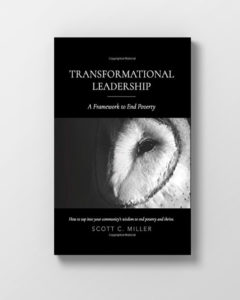
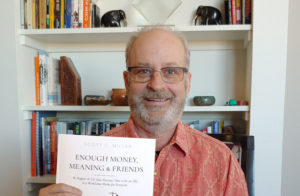
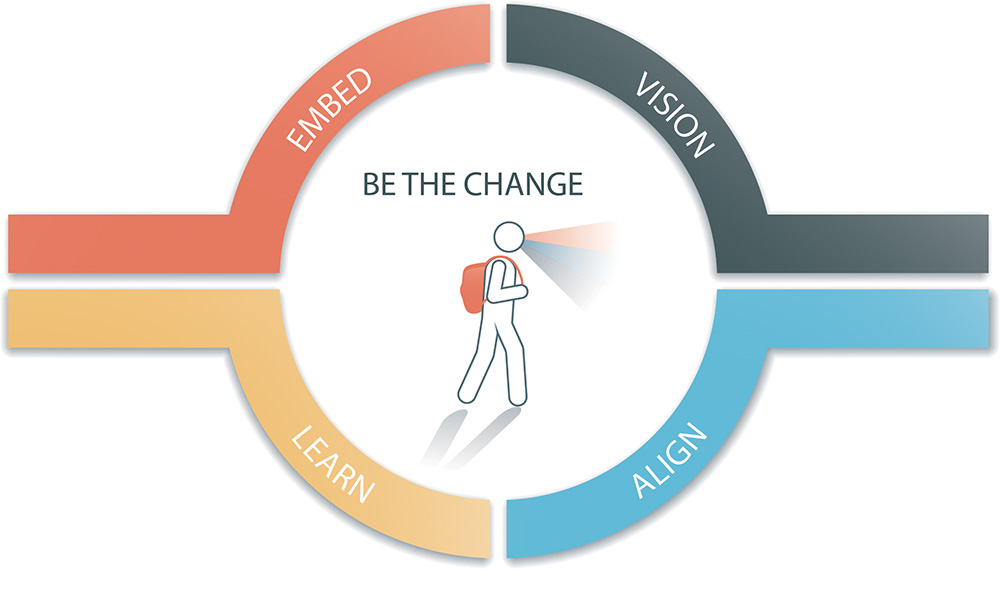
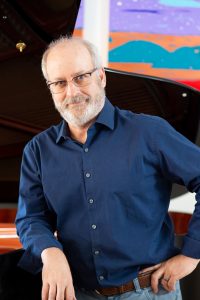
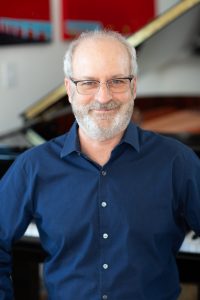 I was in New York City a few years ago having a conversation with a former United Nations ambassador about my first book, Until It’s Gone, Ending Poverty in our Nation,
in our Lifetime. He asked me several questions about my assumptions regarding the nature of poverty and about my work at Circles USA. After 30 minutes of dialogue, he
revealed what was really behind his questioning when he said to me, “Jesus said the poor will always be with us. Is ending poverty going against the Bible?”
I was in New York City a few years ago having a conversation with a former United Nations ambassador about my first book, Until It’s Gone, Ending Poverty in our Nation,
in our Lifetime. He asked me several questions about my assumptions regarding the nature of poverty and about my work at Circles USA. After 30 minutes of dialogue, he
revealed what was really behind his questioning when he said to me, “Jesus said the poor will always be with us. Is ending poverty going against the Bible?”